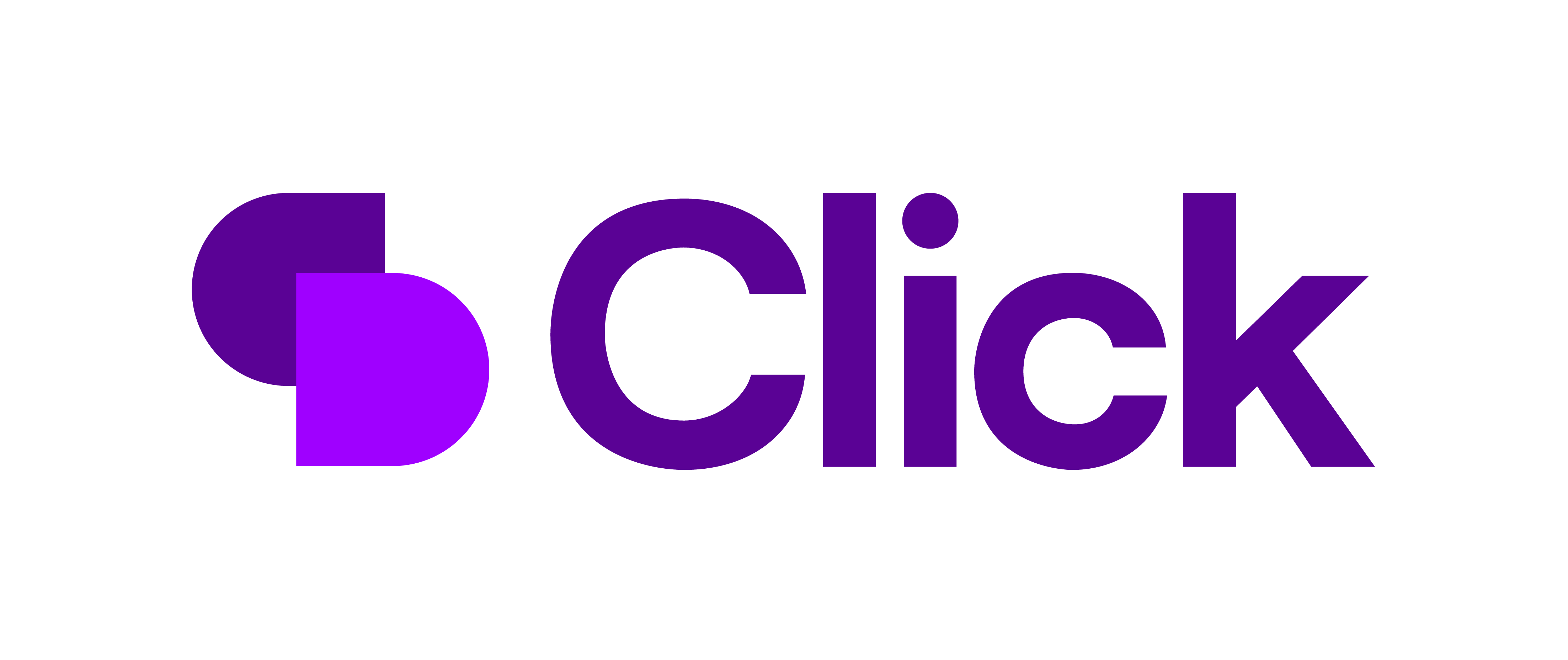Read on to find out why D365 and playing with Lego have so much in common

Why Is A Good CRM So Vital To Customer Relationship Management?

Cracks In The Code: Why Do So Many Digital Transformations Fail?
First off, I haven’t gone crazy (well no more so than usual anyway). Explaining Dynamics 365 with Lego, whilst it may seem a bit odd to start with, is something I’ve done for a long time now in conversations with people and always makes a lot of sense when you start to think about it, so I thought I’d take a second or two here and explain just why that is…
We all know that speed to market is crucial (I hope we do anyway).
And, as FormusPro is a Microsoft Business Solutions Partner, we understand that Dynamics 365 almost always emerges as the best catalyst for agile and efficient software development that empowers that speed to market (and hopefully you do too! If you don’t we need to talk!).
But where does Lego come into it all that you ask???
Speed to market becomes even more pronounced when we (you) adopt something called an MVP strategy… that is, the art of building Minimum Viable Products (MVPs), which allow your organisation to establish a competitive presence in a chosen market much more swiftly than anyone else.
How you ask? And I still don’t get the Lego reference?
Glad you asked!
At the core of Dynamics 365 lies a set of fundamental elements, akin to Lego bricks, that collectively form a robust platform to build diverse set of differing business solutions on.
These building blocks encompass a huge range of functionalities, from customer relationship management (CRM) to financial management, supply chain optimisation and beyond.
You see, D365 doesn’t just provide a one-size-fits-all solution; instead, it offers a modular structure that allows businesses to select and integrate the specific components (or bricks) they need.
This Lego-like flexibility ensures that organisations can tailor their solutions to meet their own unique requirements.
The solution adapting to the business, rather than the business having to change for the software!
When adopting an MVP approach, these building blocks become even more significant.
An organisation can easily start with just the essential components required for their Minimum Viable Product, creating a streamlined solution that addresses the immediate needs of their market (generating ROI almost instantly) before expanding the solution to encompass other areas.
This agile development methodology enables a much quicker time-to-market, which in turn allows for the validation of ideas and the gathering of user feedback, which empowers informed decision making for subsequent iterations.
Business Central stands as a key player in my Lego metaphor (as well as Dynamics 365 as a whole).
That’s because it’s normally the cornerstone to improving business operations as it offers a comprehensive suite of tools for financial management, supply chain, and project management.
In the context of MVP (or playing with Lego if you prefer), Business Central will allow you to build small, focused solutions that can be rapidly deployed to achieve an MVP status.
The Lego metaphor is especially strong here as these solutions could all be seen as individual Lego structures, each fulfilling a different function, each delivering ROI, but can all be connected up at a later date for an overarching solution (or a cool city/spaceship/whatever your imagination thinks of).
The main aim of an MVP model though is scalability.
As you grow, you’ll need to be able to scale your operations but until you do, you might still want the most out of your tech stack (because why wouldn’t you?)
That’s where our imaginary BC Lego bricks come in.
Business Central enables the seamless combination of small solutions into a larger, much more comprehensive one.
That scalability is crucial for any organisation looking to expand their offerings without the need for extensive redevelopment.
Just like clicking Lego bricks together to create ships, cars, houses or whatever else, businesses can integrate additional features and functionalities to meet the evolving demands of their customers without spending fortunes on entire solutions… just the modular ‘bits’ they need at that moment in time.
Moving on from D365 BC and looking at Dynamics 365 Customer Engagement, through the lense of my Lego metaphor, gives us a similar result.
If BC is the small (or not so small) building blocks, then D365 CE is the Lego scaffold that provides meaningful and personalised interactions with customers across all of your solutions.
The 360-degree view it gives encompasses every touchpoint, from initial contact to post-purchase engagement.
And my Lego brick analogy here lies in its ability to start small-building targeted solutions that address specific customer engagement challenges. These smaller, focused solutions collectively contribute to a holistic view of customer interactions, forming the basis for a comprehensive customer engagement strategy.
D365 BC and CE are great… as is all of the Dynamics 365 techstack.
But, to fit in with my Lego metaphor they need to be able to not just ‘click together’ but to do so effortlessly and seamlessly.
In software development that’s known as integration.
Does your new solution work with all your old systems? Will it work with new solutions you add in over time? Can it understand and use your data? Read your APIs?Work with both your existing (possibly legacy) techstack and any new products you implement in the future?
I know for a fact D365 can!
Playing with Lego bricks in software development is the very definition of Agile. Building small, moving things around, using them to build something bigger and better in a modular fashion is exactly what we should all be aiming for.
That Lego like approach not only means developers can create small, efficient pieces of functionality that address specific business needs, it also means that, as you’ve automatically been doing it as you go, by the time you reach your end goal, everything perfectly integrated.
That integrated approach also makes your solutions are lot more robust, empowering customisation and extensibility.
Your (or our) developers can tailor solutions to fit unique business requirements, enhancing the platform’s versatility. This adaptability aligns seamlessly with the MVP strategy, as developers can incrementally add new features or modify existing ones to meet evolving market needs.
None of us can see into the future (or I’d be buying lottery tickets and not talking about Lego) but that doesn’t mean we still shouldn’t try and futureproof our businesses.
I’ve no idea what might happen in your sector or industry in the future… and anyone who claims they do is likely lying. But that doesn’t mean we can’t configure the differing components of your organisation (yes like Lego) to best weather any and all possible challenges.
This forward-looking perspective lets you anticipate and plan upcoming features and updates designed to enhance the agility and responsiveness of your techstack.
It’s also crucial in the context of building MVPs for agile market strategies. Dynamics 365’s commitment to innovation ensures that businesses can stay ahead of the curve and continue to future-proof their solutions with the minimum of risk to ongoing operations or strategies.
Finishing things off, the adoption of Minimum Viable Products (MVPs) emerges as a financial game-changer for businesses.
The integration of Dynamics 365 software development, guided by the principles of MVP, reflects a Lego-like approach to building solutions.
The coding practices, API connectivity, strategic navigation with MVPs, and a forward-looking mindset collectively contribute to a dynamic and adaptable framework for businesses aiming for rapid market entry and sustained success that at the same time futureproofs your organisation for anything that might come your way.
By employing a Lego strategy you can create small, targeted solutions that not only accelerate time-to-market but also prove to be cost-effective in the long run.
The modular nature of Dynamics 365 allows businesses to start small, addressing specific pain points and immediate market needs with MVPs. This approach significantly reduces initial development costs, enabling companies to allocate resources efficiently and make informed decisions based on real-world user interactions.
As these small solutions mature and prove successful, the financial benefits compound.
The ability to later combine these MVPs into larger, more comprehensive solutions without the need for extensive redevelopment ensures a scalable and cost-effective evolution. Businesses can seamlessly adapt to changing market dynamics, adding functionalities like connecting Lego bricks to create intricate structures.
In essence, the financial impact of leveraging MVPs with Dynamics 365 is akin to unlocking a treasure trove of savings. From reducing development costs to ensuring adaptability in the face of market changes, the journey of building with Dynamics 365 and MVPs proves not only financially prudent but a testament to the strategic foresight that sets businesses on a path to sustained success and profitability.

Written By:

Behind The Scenes @ FormusPro As A Software Consultant

Best Practice For Microsoft D365 CE Implementations

Quick Links
What We Do
Where We Work
UK Head Office:
Shell Store, Canary Drive, Rotherwas, Hereford, HR2 6SR
UK Kidderminster Office:
Gemini House, Stourport Rd, Kidderminster DY11 7QL
US Office:
360 Central Avenue, Suite 800 St. Petersburg, FL 33701
© 2024 Formus Professional Software.